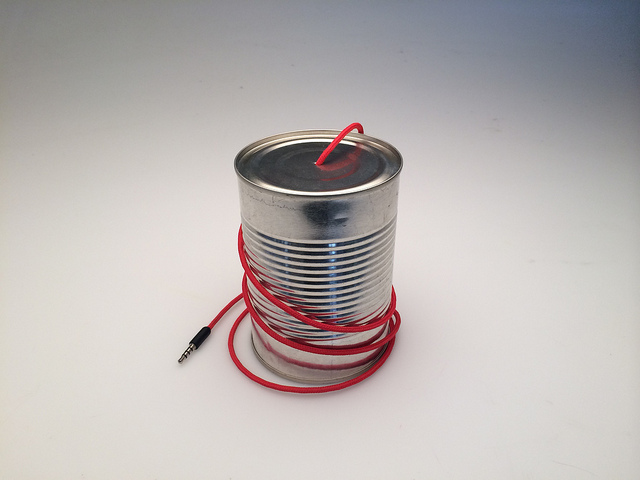
You’ve waited for this all year; it’s the day of the family reunion. This is the one day of the year when all of your family members are in one place. Now it’s time to catch up on everyone’s latest news. You’ve spent a week planning, preparing food, choosing a new dress and getting cute little outfits for the kids to wear. The car is all packed, your husband is getting the kids rounded up, and you are putting the finishing touches on your hair and makeup. Then it happens. Another migraine strikes. Is this really happening on one of the most important days of the year? You try to push through the pain and go to the reunion, but it’s just not working. There’s no choice but to pull the shades, retreat to bed and let your husband take the kids to the reunion alone. And soon, the phone calls from concerned loved ones will start, adding to your pain and frustration.
Before you can deal with your migraines, it’s important to understand that not everyone has the same type of migraine. Many people, especially those who haven’t experience migraines, don’t realize that there are different types of migraines and each type brings different symptoms. When you talk with friends and family, you may feel as if they are looking down on you when they tell you “Aunt Susie gets migraines and takes some Motrin and is just fine. Why can’t you do that?” You might feel like you are being judged for not being able to handle your migraines as well as others. In reality, you might have a different type of migraine with different migraine symptoms, or Aunt Susie might not have a migraine at all. This lack of understanding of your condition might make you feel reluctant to share with your friends and family the real reason why you can’t participate in family gatherings, do everyday activities with your kids or even work full-time.
“Aunt Susie gets migraines and takes some
Motrin and is just fine. Why can’t you do that?”
There is also a measure of frustration that comes with chronic migraine pain. When you have a cold, you take cold medicine. Many migraine sufferers would like to find a magic cure for migraine pain that is as simple as curing a cold. Dealing with migraines is never easy, and can take a lot of trial and error with different treatment types. It’s hard to find relief until you know what type of migraine you have and what is causing your migraines. In many cases, the answer to the “why” question is never known. This makes the condition even more difficult to treat. And when you don’t know why this is happening to you, it’s difficult to talk to others about your migraines. How can you help friends and family to understand what you are going through when you really don’t understand it yourself?
Migraines also cause other issues that can be just as difficult to understand. Sometimes these collateral issues are just as difficult to treat as the migraines themselves. Retreating to a quiet, secluded room to rest in the dark when a migraine hits can be lonely. Not being able to talk to others about what you are dealing with can make you feel isolated. When you are unable to spend time with family or participate in normal daily activities, you can feel like an outsider. All of these issues may lead to depression in some patients. Not only does migraine pain isolate a person from family and friends, depression does the same. Then the patient has to treat the migraine symptoms as well as the other issues the migraines cause. While treatment from a qualified healthcare professional is important, the support of family and friends is equally important.
One of the most important aspects of coping with your migraines is communication. Family members want to understand and help, but many people don’t understand the life of someone who deals with chronic, debilitating migraines. Don’t suffer in silence. Explain to your friends and family how your migraines affect you, and let them ask questions. A deeper understanding of your migraines will help your loved ones be able to assist you when a migraine happens, and help you if you decide to undergo treatment for your migraines.
Don’t suffer in silence.
It is especially important keep the lines of communication open with your doctor. Your healthcare professional can give you solid advice and suggest the right types of treatment when presented with all of the pertinent information about your migraines and how they affect you on a daily basis. Having the support of your healthcare team and your family and friends will make your migraines easier to deal with, and you won’t have to go through your day alone.
Image Source: Habby.Shaw

